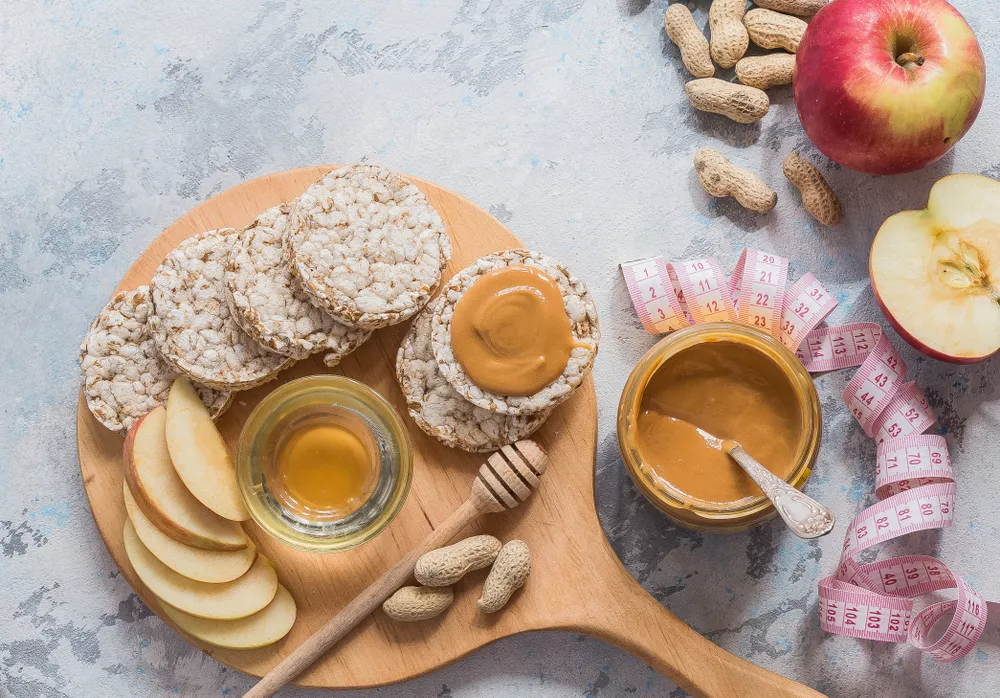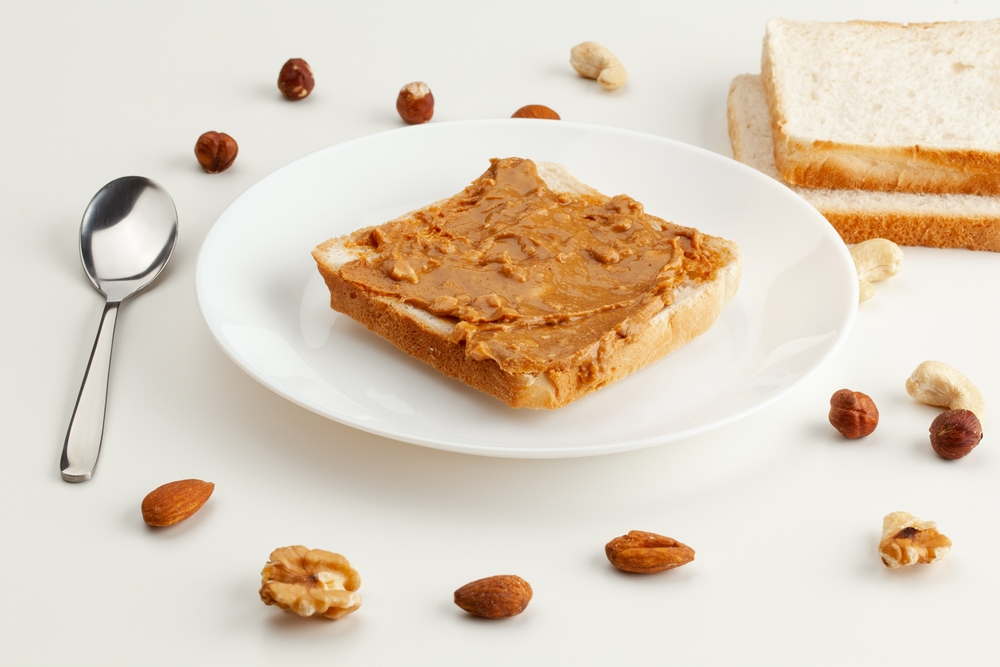
Peanut Butter And Heart Health: What You Need To Know
Attention all peanut butter lovers! Did you know that your favorite childhood snack could help improve heart health? That's right, we're talking about the creamy, nutty goodness of peanut butter. But before you grab a spoon and dive in, there are a few things you need to know. In this blog post, we'll explore the relationship between peanut butter and heart health and give you all the facts so you can enjoy your PB guilt-free. So sit back, grab a jar of your favorite brand, and let's spread some knowledge about this deliciously healthy treat!
Overview of Peanut Butter and Heart Health
Peanut butter is a popular food spread made from ground dry roasted peanuts. It is commonly used as a sandwich filling and an ingredient in various recipes. Peanut butter is rich in monounsaturated fats, which are considered to be heart-healthy. Additionally, peanut butter contains antioxidants, vitamins, and minerals that may also promote heart health.
Studies have shown that eating peanut butter may help to lower cholesterol levels and reduce the risk of heart disease. Peanut butter may also help to keep blood sugar levels under control, which is important for people with diabetes. When consumed in moderation, peanut butter can be part of a healthy diet that supports hearth
Nutritional Value of Peanut Butter
Peanut butter is a good source of protein and healthy fats. It also contains vitamins and minerals, including potassium, magnesium, and vitamin E. Peanut butter is low in sugar and calories, making it a heart-healthy snack option.
Benefits of Eating Peanut Butter for Heart Health
When it comes to heart health, there are few foods as beneficial as peanut butter. Peanut butter is packed with monounsaturated fats, which have been shown to lower cholesterol and reduce the risk of heart disease. Peanut butter is also a good source of protein and fiber, both of which are important for a healthy heart. And last but not least, peanut butter is delicious!
Research on Peanut Butter and Its Effects On Heart Health
The American Heart Association (AHA) recommends eating two servings of fish per week, but what if you don’t like fish? Is peanut butter a good alternative?
Research shows that peanuts and peanut butter may help reduce the risk of heart disease. Peanuts are a good source of monounsaturated fats, which can help lower cholesterol levels. Peanut butter is also a good source of protein and fiber.
A study published in the Journal of the American Medical Association found that people who ate one serving of peanuts or peanut butter per day had a lower risk of dying from heart disease than those who didn’t eat nuts at all.
Another study, published in the New England Journal of Medicine, found that eating peanuts or peanut butter was associated with a lower risk of death from cardiovascular disease and all causes combined.
So, if you don’t like fish, try adding some peanuts or peanut butter to your diet for heart-healthy benefits. Just be sure to choose unsalted varieties and avoid processed brands that contain added sugars and unhealthy fats.
Eating Peanut Butter in Moderation
When it comes to heart health, moderation is key. That’s why eating peanut butter in moderation can be part of a healthy diet. Peanut butter is a good source of monounsaturated fats, which can help lower LDL (bad) cholesterol and improve HDL (good) cholesterol levels. It’s also a good source of potassium and fiber, which are both important for heart health. Just be sure to choose a peanut butter that’s low in sugar and salt, and watch your portion size. A serving of peanut butter is about two tablespoons or the size of a Ping-Pong ball.
How to Make Private Label Peanut Butter
When it comes to heart health, there are few foods more beneficial than peanut butter. Peanut butter is packed with monounsaturated fats, which have been shown to reduce LDL cholesterol and improve HDL cholesterol levels. Additionally, peanut butter is a good source of soluble fiber, which can help lower blood pressure. And finally, peanut butter is rich in antioxidants, which can help protect against heart disease.
Making your own private-label peanut butter is easy and only requires a few simple ingredients. All you need is roasted peanuts, a food processor, and some salt to taste. Simply place the peanuts into the food processor and blend until smooth. Add salt to taste and voila! You have your very own homemade peanut butter.
Alternatives to Eating Regular Store-Bought Brands
There are a lot of different brands of peanut butter on the market today. Some are store-bought brands, while others are natural or organic brands. There are also alternative peanut butter products that use different ingredients, such as almond butter or cashew butter.
When it comes to heart health, it is important to choose a product that is low in saturated fat and sodium. Store-bought brands of peanut butter typically have more saturated fat and sodium than natural or organic brands. Alternative peanut butter products made with different ingredients may also be lower in saturated fat and sodium.
If you are looking for a healthier alternative to store-bought peanut butter, there are a few things you can do:
- Choose a natural or organic brand of peanut butter.
- Look for an alternative peanut butter product made with different ingredients, such as almond butter or cashew butter.
- Make your own peanut butter at home using healthy ingredients.
Conclusion
Peanut butter is a tasty way to get some extra protein and healthy fats into your diet. It can also be beneficial for heart health when enjoyed in moderation, as it contains both monounsaturated and polyunsaturated fatty acids that help lower LDL cholesterol levels. However, it's important to remember that eating too much peanut butter could lead to weight gain, so it's best to enjoy this food in moderation. By following the tips above, you can enjoy all the benefits of peanut butter while keeping your heart healthy at the same time.

